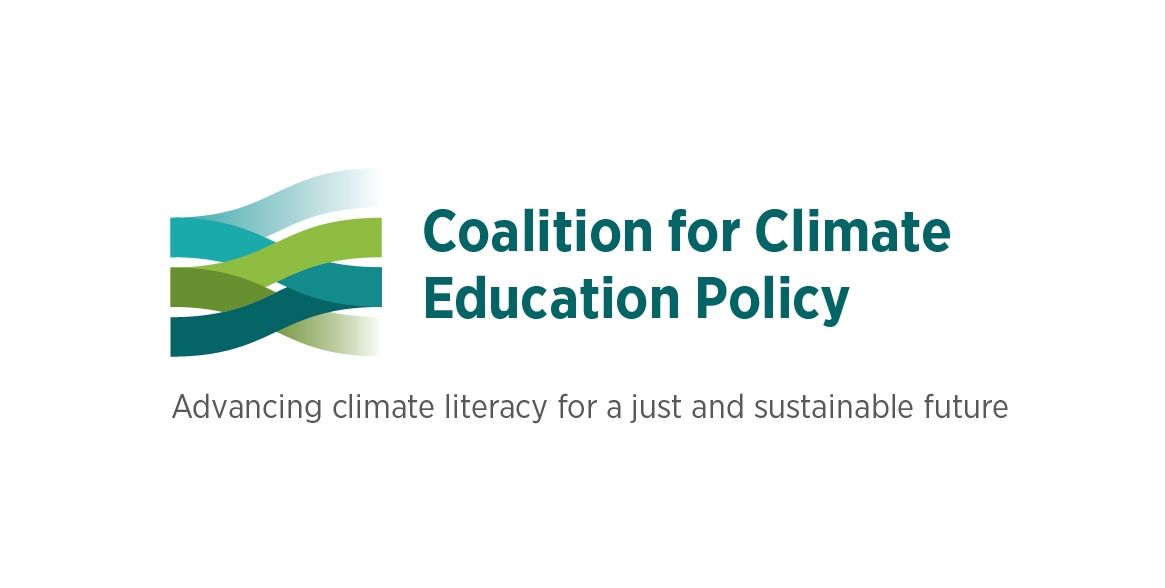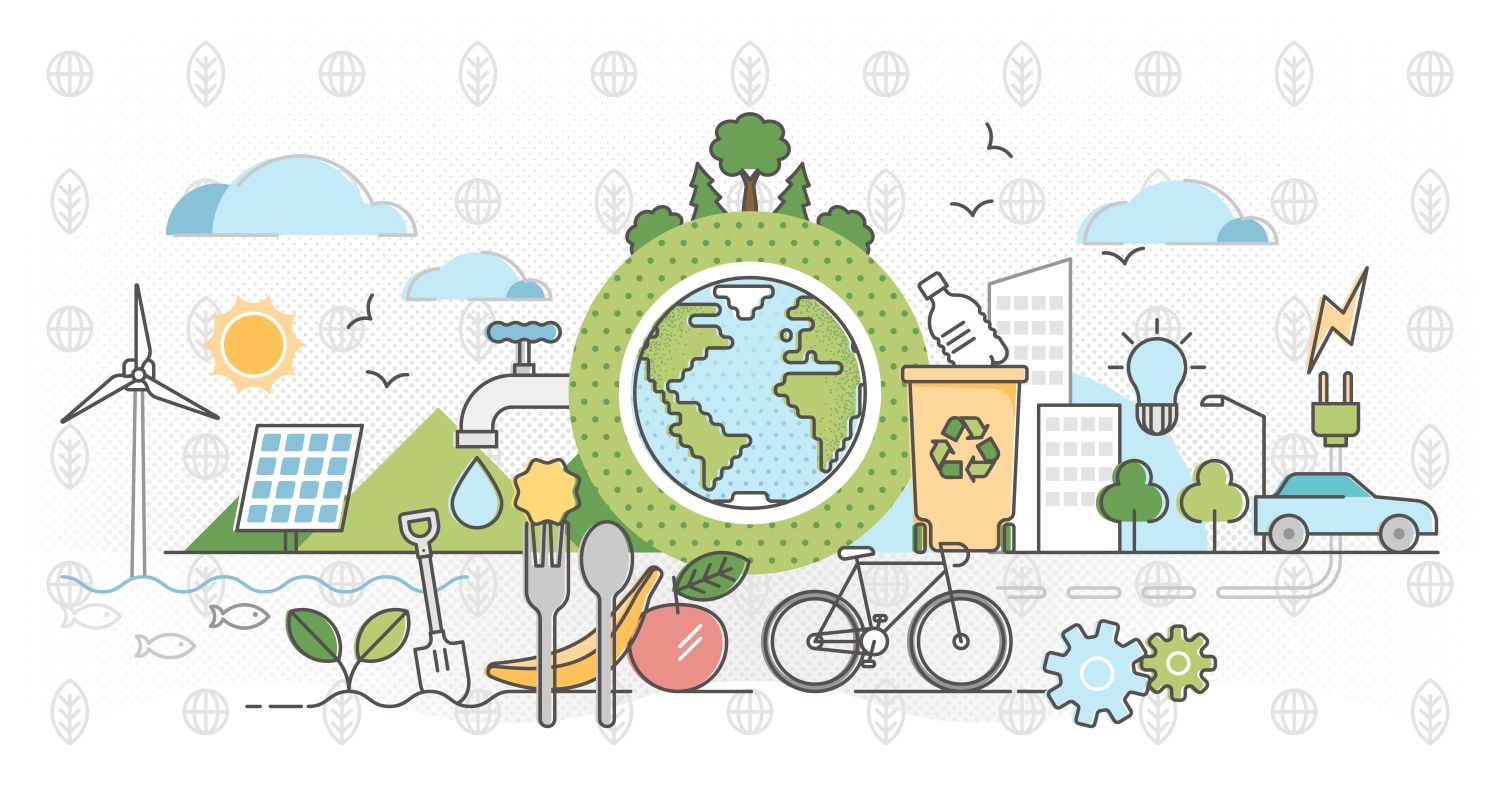
2025 Climate Education and Public Engagement Priorities and Strategies
Education is an essential element in our collective efforts to address climate change. Below are the Coalition for Climate Education Policy priorities and strategies for advancing climate literacy in 2025.
Purpose of Priorities and Strategies:
- Foster an informed and engaged citizenry.
- Build capacity for states’ and local governments’ sustainability and resilience efforts.
- Support both school- and community-based approaches to climate education.
- Promote 21st-century skills development and prepare future generations for a climate- and sustainability-focused workforce.
Curious about what progress has been made over the last few years? View the current state of Climate Education Policies in the United States.
State and Local
- Create and disseminate guidance via the Climate Education Policy Toolkit for state and local advocates on how to incorporate climate education into statewide environmental literacy plans, career and technical education plans, and local climate action plans.
- Advocate for Offices of Climate Education and/or personnel who support sustainability in states, whether within executive offices or within climate or education departments.
- Support community-wide learning and initiatives and encourage collaboration between formal and nonformal education entities through policy frameworks, sharing best practices, and aligning goals and objectives.
- Provide support to states in introducing and advancing climate education legislation and/or funding proposals.
Federal Legislation and Funding
- Build multi-partisan support for the need for a climate education grant program with robust funding.
- Support the Living Schoolyards Act to secure resources for greening school grounds to promote outdoor learning and resilience.
- Pass and fund the Rebuild America’s Schools Act to address the urgent need for improved school infrastructure for resilience, student health, and enhanced learning.
- Continue to tell stories about the positive impact of federal funding streams on student learning and community resilience.

Feedback?
Contact Sarah Bodor, Senior Director of Capacity Building, at sarah@naaee.org or Megan Fink, Partnerships & Policy Manager, at megan@naaee.org.








